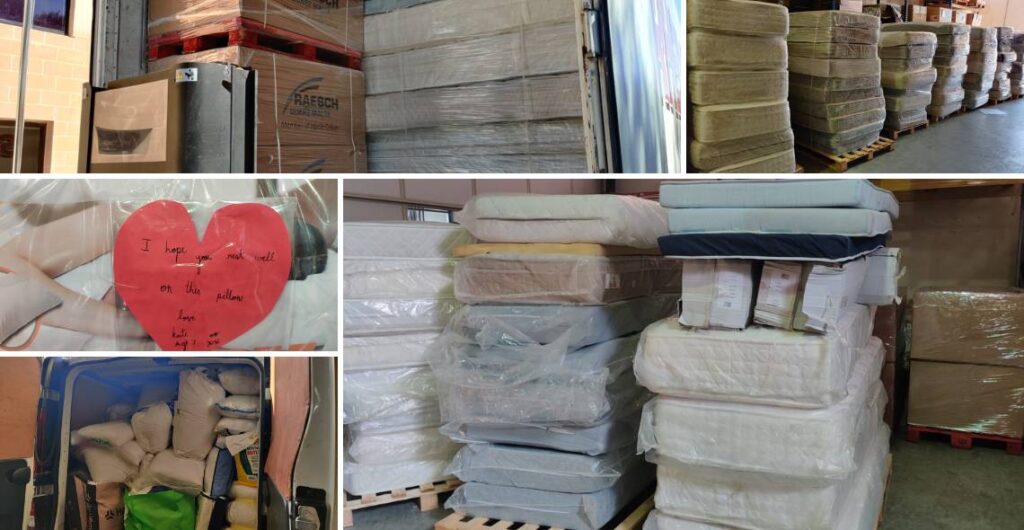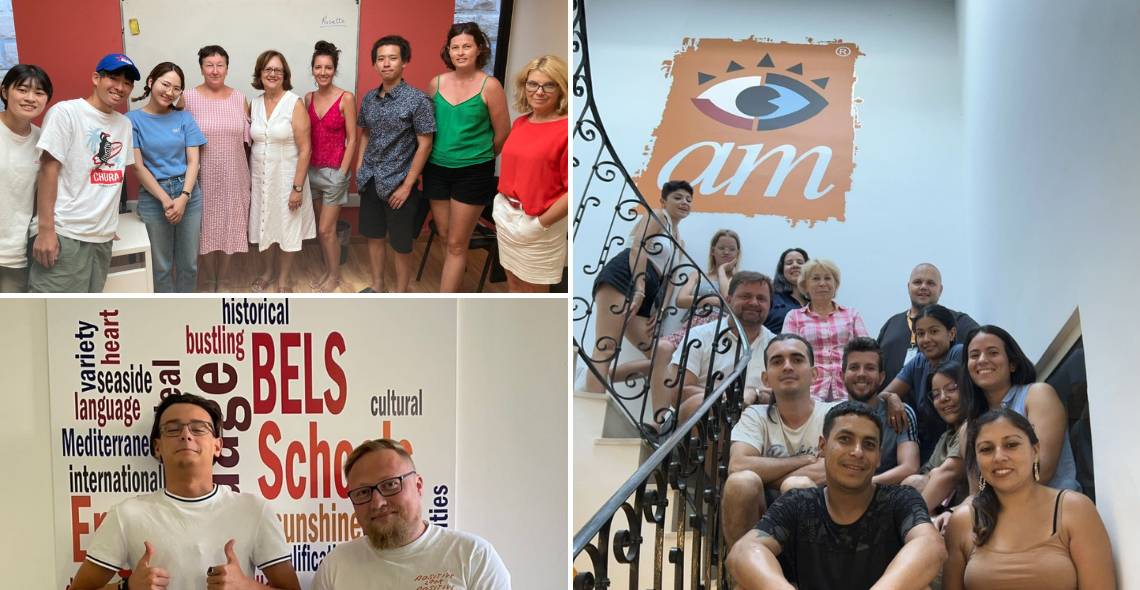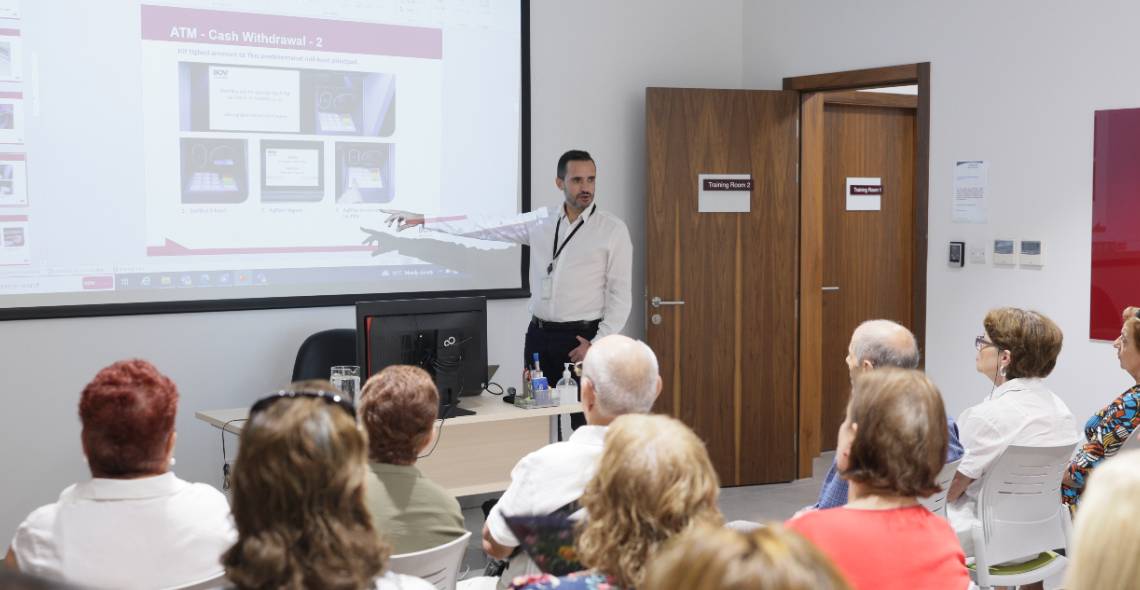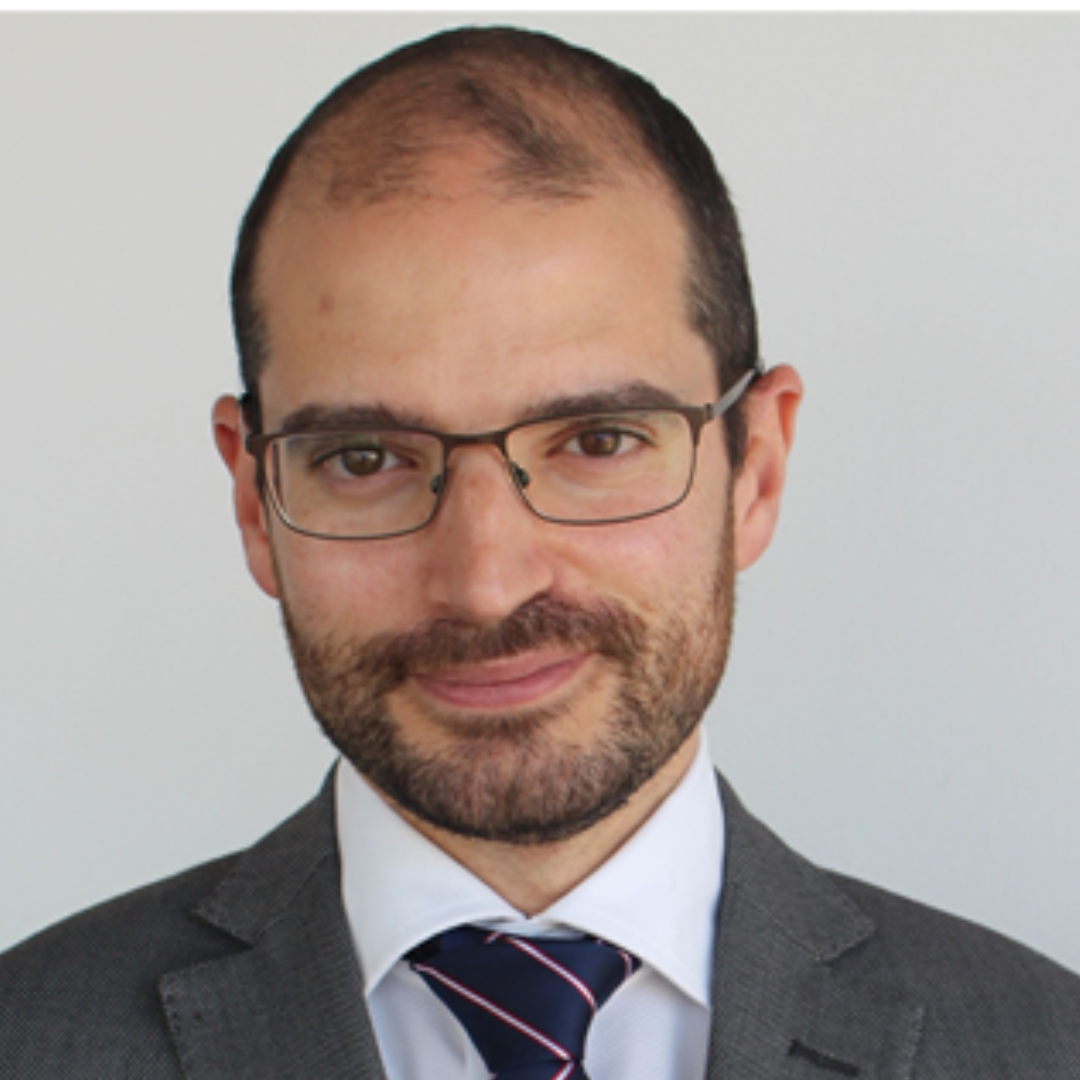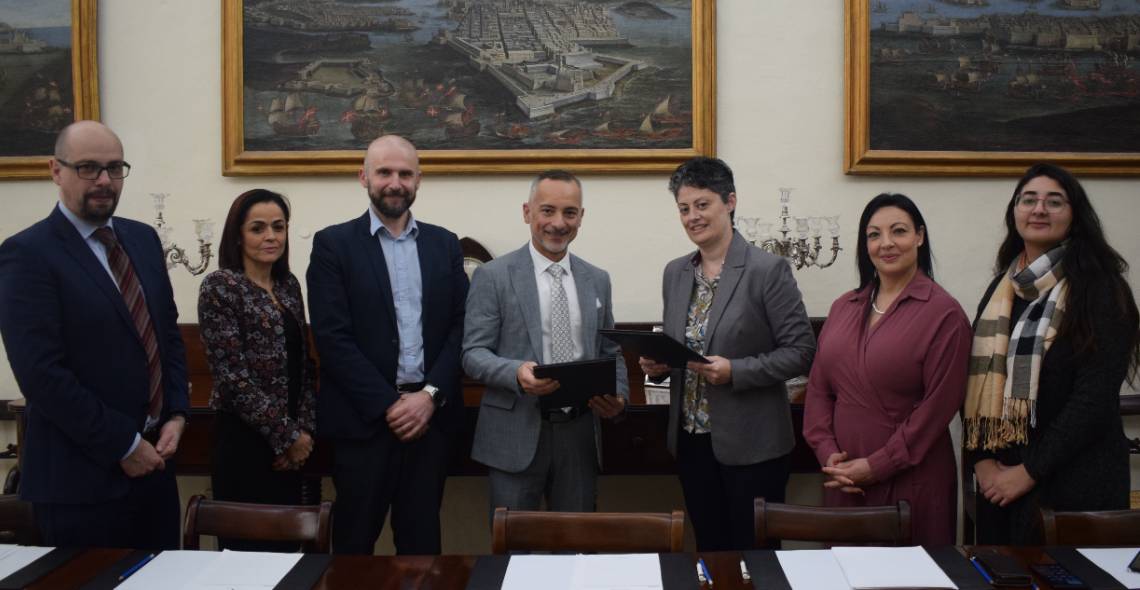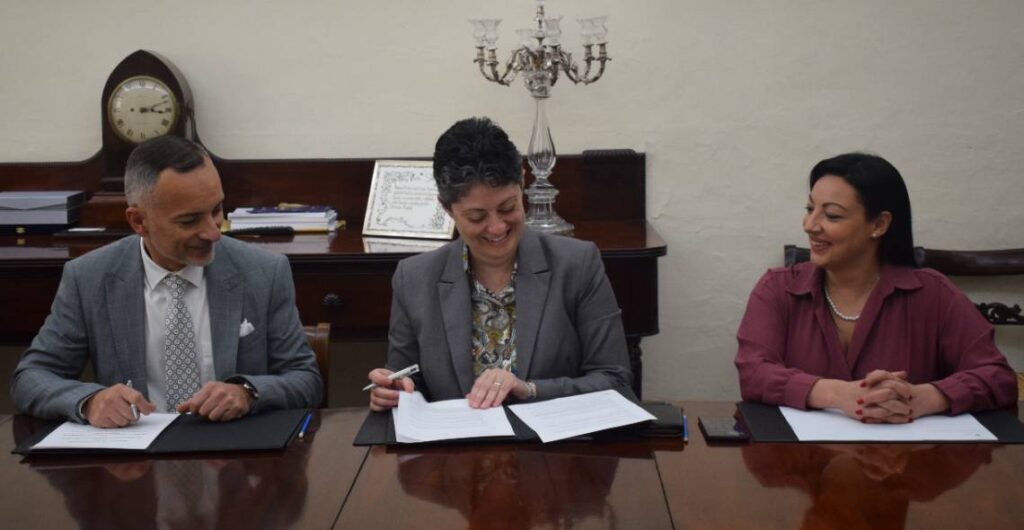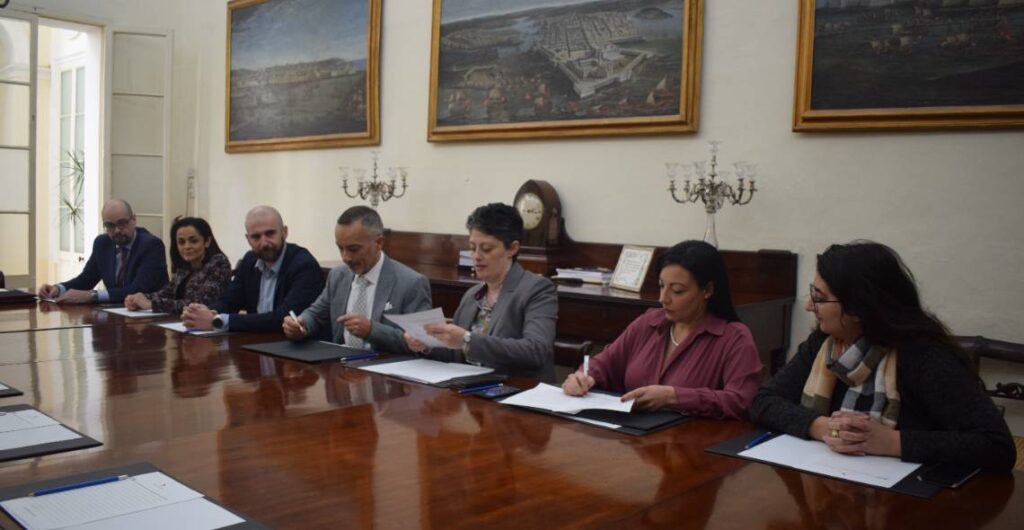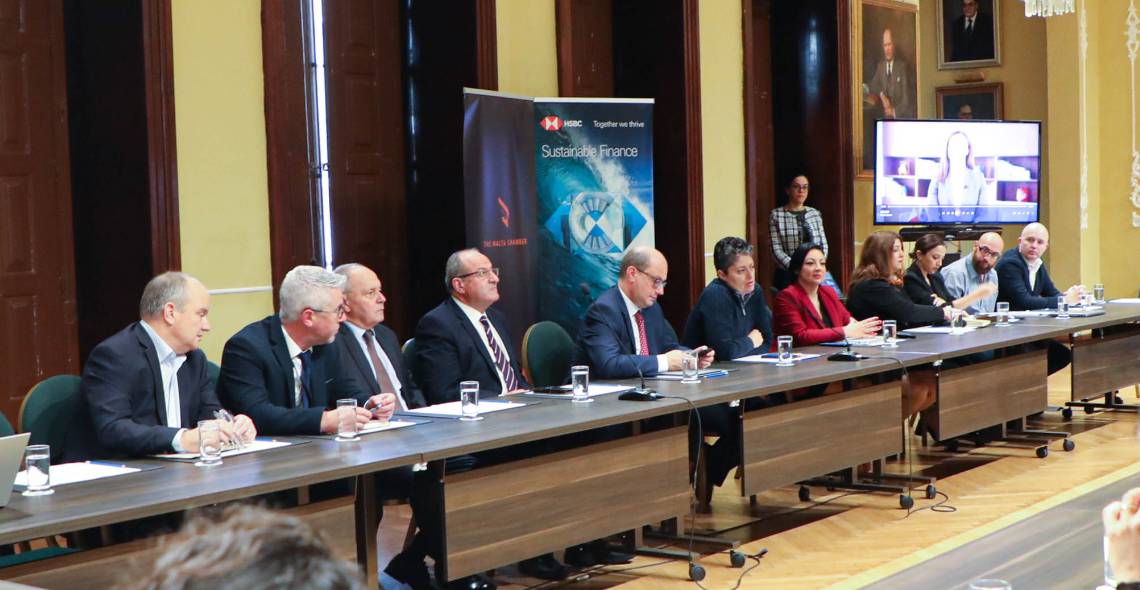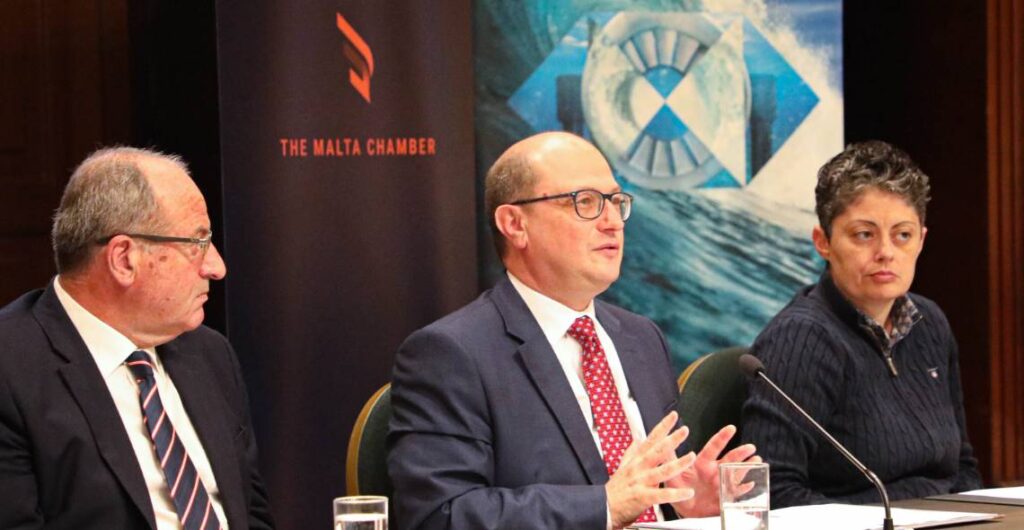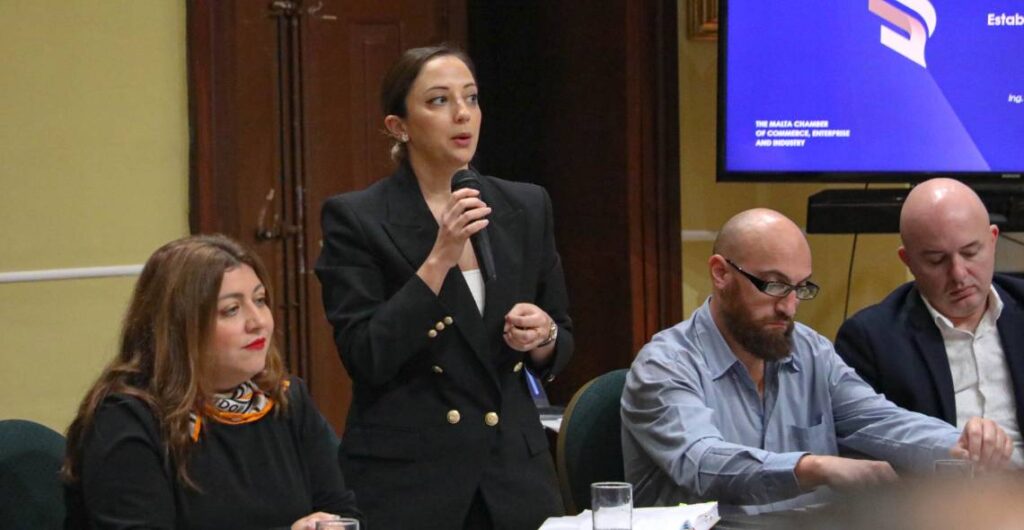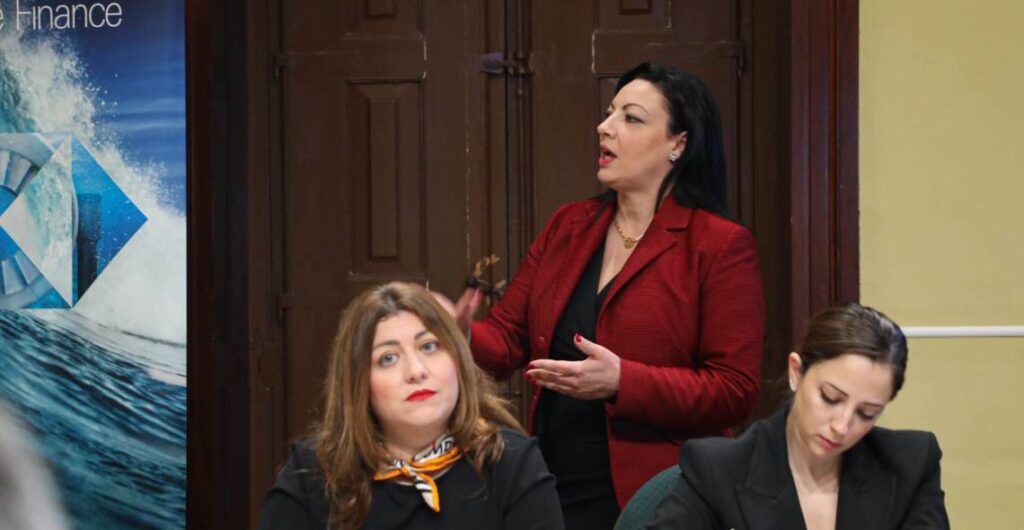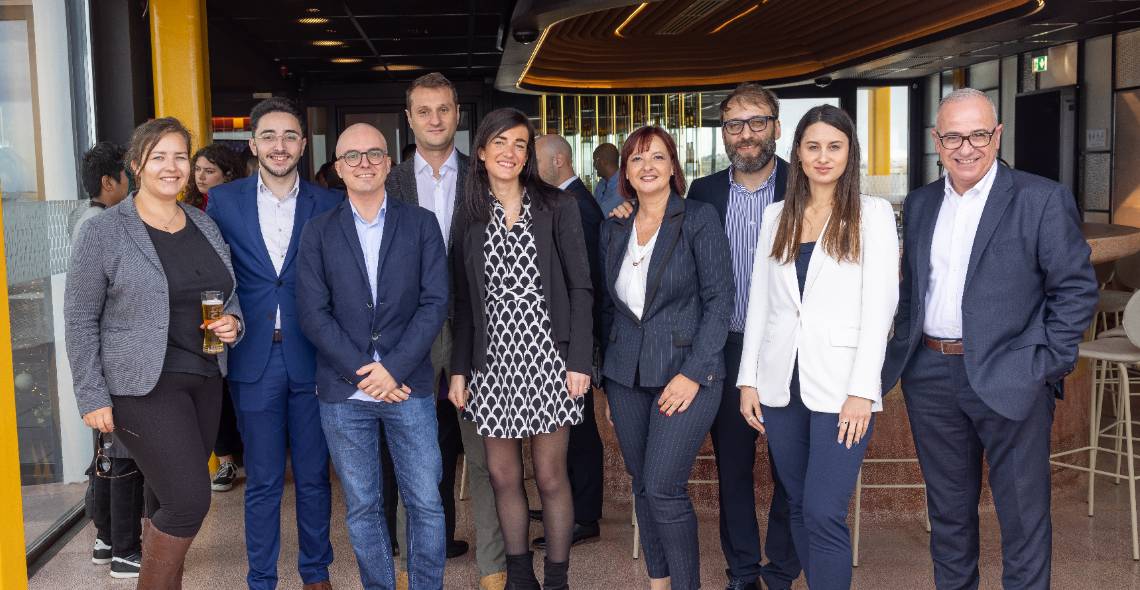The Malta Chamber Foundation is committed to further support displaced Ukrainians by identifying employment opportunities for them
The Malta Chamber Foundation, being The Malta Chamber’s arm to actively contribute back to society, tangibly assisted a number of Ukrainians that fled from their country due to war.
The first initiative that the Foundation organised was the gathering of funds from its members that supported the delivery of aid to Poland, at the onset of the war. This initiative took place after millions of Ukrainians fled to neighbouring countries. Given this sudden influx, the Foundation liaised with the Polish Ambassador to Malta, Tomasz Czyszek to better understand the support required to aid displaced Ukrainians. Several entities and individuals donated various beds, mattresses, linen, pillows, sanitisers and soft toys upon the recommendation of the Polish Ambassador.
Amongst the donations received for the purpose of providing relief supplies, The Malta Chamber Foundation also received, in May of this year, a significant donation following an initiative of the Tipico Group of companies, headquartered in St. Julian’s. In fact, Tipico donated the amount of €27,000 out of which €7,000 were contributions by its own employees to help all those suffering because of the war. Given the significant contribution, a second initiative could be funded solely by this iGaming operator to offer English courses to Ukrainian war refugees in Malta to help them integrate locally.
The Malta Chamber Foundation collaborated with various local language schools that are members of FELTOM, to implement this project and help displaced Ukrainians learn the English language. These English Language Schools collaborated with the Foundation and offered a discount of more than half their usual charging rates. These schools are, Alpha School of English, AM Language School, BELS Malta, Clubclass Language School, Sprachcaffe Languages PLUS and Inlingua Malta.
Particularly, BELS Malta offered all tuitions for free. Rebecca Bonnici, BELS’ Chief Executive Officer, said that, “having the opportunity to welcome Ukrainian students in our school is an extremely rewarding experience. This program has already helped around 60 Ukrainian applicants who received English tuition. We felt it was a small way to give back to the global community, by not only teaching them English to help them settle in Malta and find jobs, but to also help them build new friendships and feel a sense of belonging.” The Malta Chamber Foundation spoke to some of the Ukrainian students that participated in this project.
Olha Vladymyrets, a 53-year-old teacher said that, “it was a good experience for me, because the atmosphere, educational materials, methods used by our mentors helped me overcome language and psychological barriers. On these courses, we made many friends and interacted with like-minded people from different countries of the world.”
Volkivskyi Oleg, a 37-year-old sound engineer thanked all involved and said that, “everything was great, and I really enjoyed it. I think my level of English has improved not to mention communication with others and a sense of purpose in life.”
The Malta Chamber Foundation is committed to further support displaced Ukrainians by identifying employment opportunities for them once completed their tuition in liaison with The Malta Chamber members. Alexia Melkonyan, the co-founder of the Foundation for the Ukrainian Community in Malta, helped the Malta Chamber Foundation identify displaced Ukrainians in Malta.
